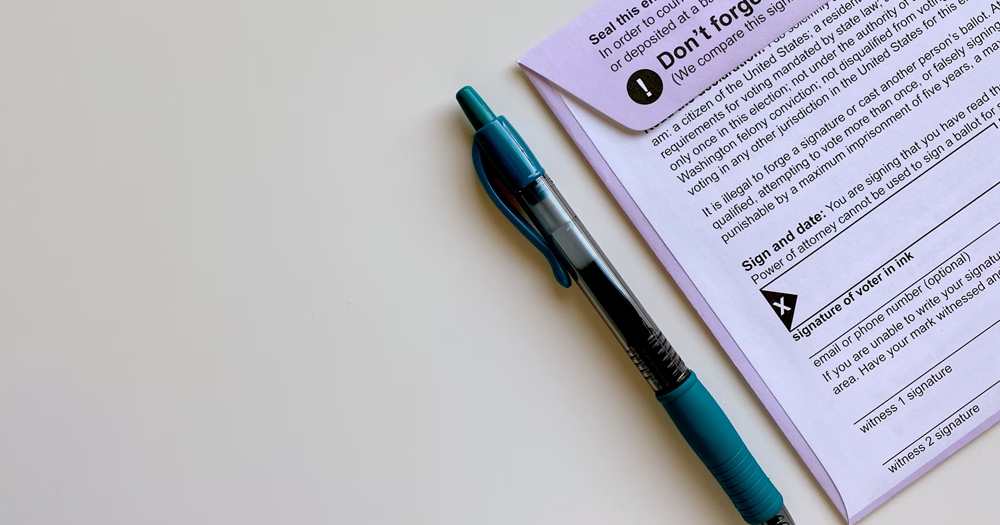For the first time since its advent, the UK census included an optional question in which participants in England and Wales could offer information on their gender identity and sexual orientation. The results from the survey conducted in March 2021 have revealed fascinating statistics surrounding the nations’ diversity.
The Office for National Statistics disclosed that 3.2% of the population has a sexual identity that is not heterosexual. 748,000 contributors describe themselves as gay or lesbian, with 624,000 people identifying as bisexual.
262,000 respondents said that their gender identity is different than that assigned to them at birth. This means that around 0.5% of the UK population is either transgender or non-binary.
In total, this equates to over 1.5 million people identifying as members of the LGBTQ+ community.
The voluntary question about sexual orientation and gender identity was left unanswered by 7.5% of the population.
The findings of the 2021 UK Census were similar to estimations about the population of LGBTQ+ people in Britain. The Office for National Statistics’ Annual Population Survey in 2020 approximated that 3.1% of the UK population was either lesbian, gay or bisexual.
#Census2021 asked “Which of the following best describes your sexual orientation?” for the 1st time.
Options were:
▪️ straight or heterosexual
▪️ gay or lesbian
▪️ bisexual
▪️ other sexual orientation92.5% aged 16+ answered the voluntary question.
➡️ https://t.co/vPx8RwHeu5 pic.twitter.com/6tF6ebK3KZ
— Office for National Statistics (ONS) (@ONS) January 6, 2023
Census data from Scotland will be published separately, expected later this year, according to GAY TIMES. In Northern Ireland, answers to the sexual orientation section of the question will also be shared in 2023, however, the Northern Irish census did not include a question on gender identity.
The results revealed the diversity within the LGBTQ+ community itself in Britain, with nearly just as many people identifying as bisexual and pansexual as gay or lesbian. This fact contradicts efforts to put forward a falsification of bisexual identity i.e., bi-erasure.
According to GLAAD, bi-erasure is “a pervasive problem in which the existence or legitimacy of bisexuality (either in general or regarding an individual) is questioned or denied outright.” The most extreme form of bi-erasure, or indeed biphobia, is to speculate that the person’s identity is invalid altogether, with this being done within history, news media and popular culture.
Another point of interest within the census material is the census map. The map showed more people within the LGBTQ+ community tend to live in cities and urban areas rather than rural regions. The graphic confirmed Brighton’s status as a queer haven in Britain, with 10.7% of residents identifying as either gay, lesbian or bisexual.
Brighton – the epicentre of LGBT+ people in the UK ?
Never been prouder of my home town ?
NEW data from new census figures: https://t.co/YWo5M815hv pic.twitter.com/CE8Si2F8yq
— sam woolven ?️? (@samwoolven) January 6, 2023
The Irish census, conducted by the Central Statistics Office in 2022, did not include a section for participants to discuss their gender identity/sexual orientation.
After recommendations to include more in-depth questions surrounding sexual and gender identity were not adopted, Irish citizens were left to choose between two options – ‘male’ or ‘female’. Those who did not answer the question were assigned a gender at random. However, it has been reported that more diverse questions on the Irish census are being trialled for 2026.
© 2023 GCN (Gay Community News). All rights reserved.
Support GCN
GCN is a free, vital resource for Ireland’s LGBTQ+ community since 1988.
GCN is a trading name of National LGBT Federation CLG, a registered charity - Charity Number: 20034580.
GCN relies on the generous support of the community and allies to sustain the crucial work that we do. Producing GCN is costly, and, in an industry which has been hugely impacted by rising costs, we need your support to help sustain and grow this vital resource.
Supporting GCN for as little as €1.99 per month will help us continue our work as Ireland’s free, independent LGBTQ+ media.
